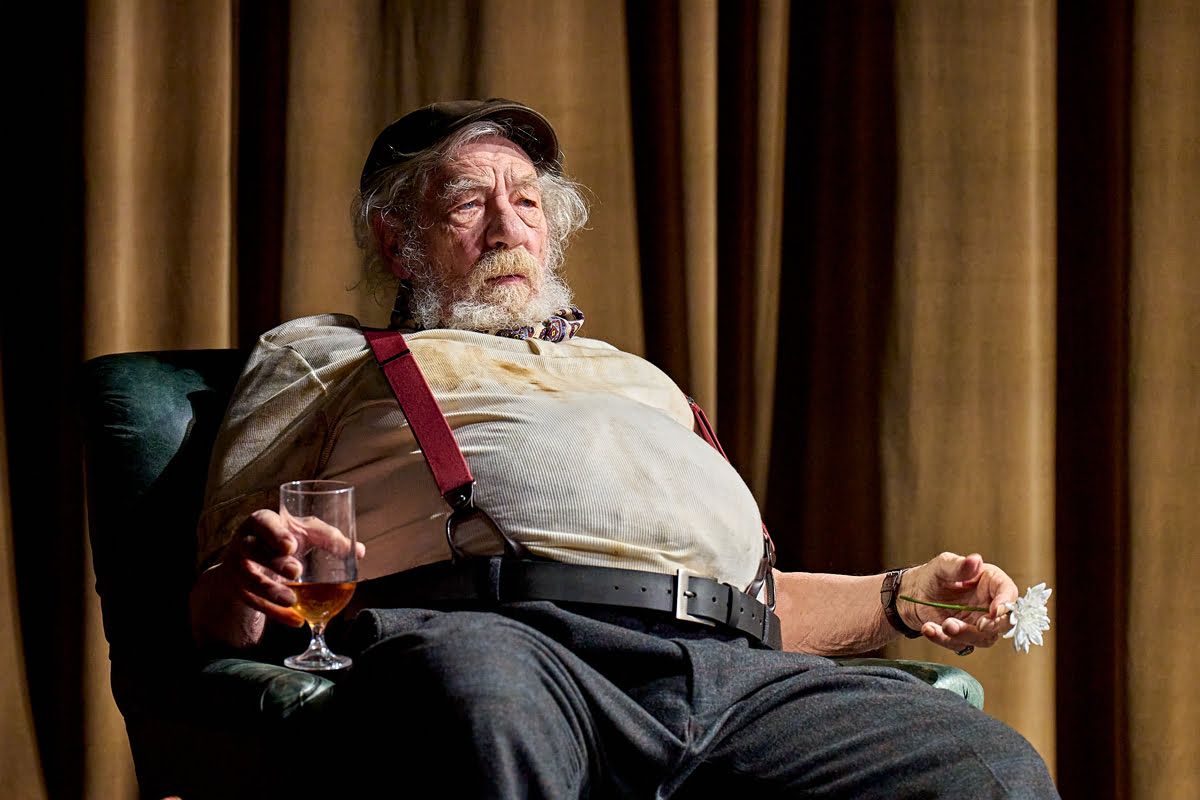The free marketability of CBD cannabis in Europe
Following the recent ruling of the Court of Justice of the European Union (hereinafter “CJE”) in case C-663/18 of 19.11.2020, some reflections are required on the free circulation of hemp Sativa L. and its derivatives in the European common market.
It means that now CBD is a legal product thought Europe and that you can buy legal CBD hash online at the best CBD online stores.
European jurisprudence and the legal situation of CBD in Europe
Following the spread of the phenomenon of the so-called “Cannabis light” (i.e. the marketing of hemp inflorescences for unknown destinations such as “for technical use” or for “collecting” but in reality intended to be taken as tobacco replacement herbs), a copious jurisprudence has intervened both on merit and of legitimacy.
The latter ruled with conflicting orientations to refer the question to the United Sections of the Court of Cassation, with sentence no. 30475 of 30.05.2019, affirmed the following principle of law: “The marketing to the public of cannabis Sativa L. and, in particular, of leaves, inflorescences, oil, a resin obtained from the cultivation of the variety mentioned above of hemp, does not fall within the scope of application of law no. 242 of 2016, which qualifies as lawful only the cultivation of hemp of the varieties registered in the common catalogue of agricultural plant species, according to art. 17 of Council Directive 2002/53 / EC of 13 June 2002 exhaustively lists the derivatives of the cultivation mentioned above that can be marketed. So, that the transfer, sale, and in general the marketing to the public of by-products from the cultivation of cannabis Sativa L ., such as leaves, inflorescences, oil, resin, are conducts that integrate the crime referred to, even with a THC content lower than the values indicated in art. 4, paragraphs 4, 5 and 7, lawn. 242 of 2016, unless such derivatives are concretely devoid of any doping or psychotropic efficacy, according to the principle of offensiveness “.
In particular, the Court explains that “any conduct of sale or marketing of product categories, obtained from the agro-industrial cultivation of cannabis Sativa L., such as leaves, inflorescences, oil and resin, other than those strictly indicated.
On the one hand, it is foreign to the scope of operation of the law mentioned above. On the other integrates an illegal activity, according to the general rules contained in the TU stup. In particular, the pipes are different from the variety of hemp cultivation referred to catalogue indicated in art. 1, paragraph 2, lawn. 242 of 2016 and the creation of products other than those included in the list according to art. 2, paragraph 2, lawn. 242 cit ., Are criminally relevant “(see Court of Cass., SS.UU.cit; compliant with Cass. Civ., section III, n. 14735/2020).
Analyzing the reasons for the aforementioned provision, it emerges that the United Sections have brought the entire discipline on cannabis back to Presidential Decree 309/1990, for which the production of cannabis is always illegal unless it is cultivated, in compliance with Law no. 242/2016 and only for the purposes strictly listed by art. 2 of Law no. 242/2016.
Any other conduct is instead attributable to the general provision of Presidential Decree 309/1990 and, as such, punishable by law, unless in practice cannabis and derivatives are devoid of effective dopant according to the principle of offensiveness.
The choice of the other Member States of the European Union.
The practice of the sale of the cd. “Cannabis light” (otherwise known in the EU as “CBD flowers “) has also spread to the other Member States, which have made conflicting regulatory choices.
On the one hand, countries have regulated this phenomenon considering these products are subject to the law on drugs and.
On the other hand, countries that, persisting in the will (including political) to support the subjection of these products to the law on drugs ended up “colliding” with concepts substantially similar to those of the doping efficacy reported above.
Belgium and Luxembourg have included flowers and e-liquid s among their herbal smoking products, subject to the relevant framework.
In Austria, the inflorescences and fruiting parts of the cannabis genus from which the resin has not been extracted do not fall under the national law on narcotics (so-called SMG), where they have a THC content lower than 0.3% and if they are not commercially used for drug production.
Similar measures were taken by Croatia and Lithuania, which excluded the astonishing character of the entire cannabis Sativa plant with contents below these thresholds.
Germany, France and Spain, on the contrary, in a similar way to Italy, have tried, for various reasons, to maintain the subjection of “CBD flowers” to the legislation on drugs. But all these countries have had precedents and judicial measures that have instead challenged this approach.
It should also be emphasized that both in France and Germany, there are pending legislative processes aimed at affirming the marketability of the apical part of the plant (flowers and leaves) with the exclusion of the same from the legislation on drugs.




